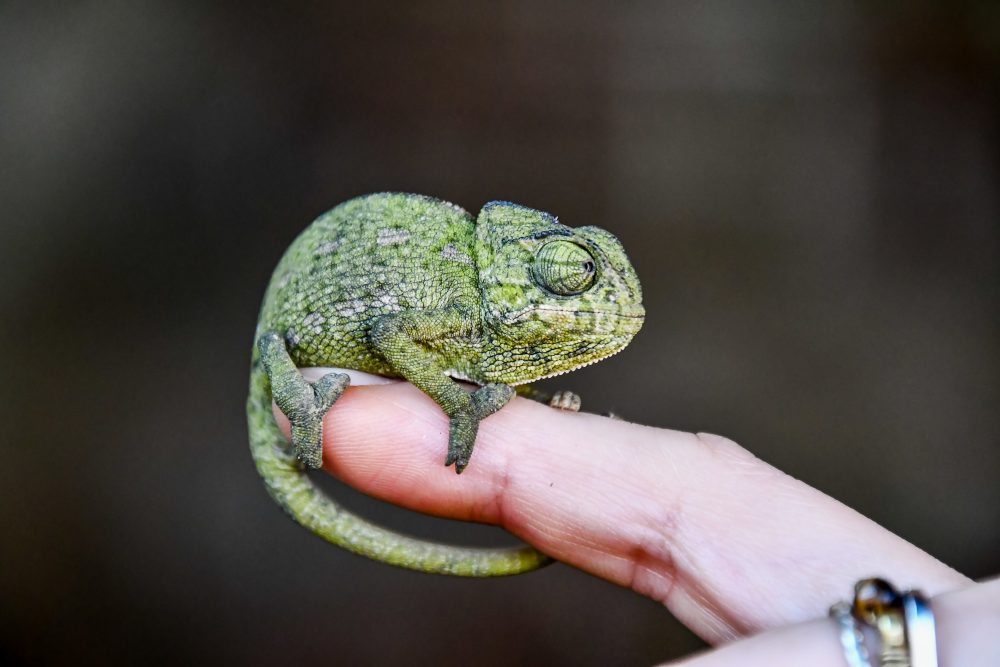
Douglas Axe is the Maxwell Professor of Molecular Biology at Biola University, the founding Director of Biologic Institute, the founding Editor of BIO-Complexity, and the author of Undeniable: How Biology Confirms Our Intuition That Life Is Designed. After completing his PhD at Caltech, he held postdoctoral and research scientist positions at the University of Cambridge and the Cambridge Medical Research Council Centre. His research, which examines the functional and structural constraints on the evolution of proteins and protein systems, has been featured in many scientific journals, including the Journal of Molecular Biology, the Proceedings of the National Academy of Sciences, BIO-Complexity, and Nature, and in such books as Signature in the Cell and Darwin’s Doubt by Stephen Meyer and Life’s Solution by Simon Conway Morris.
Archives

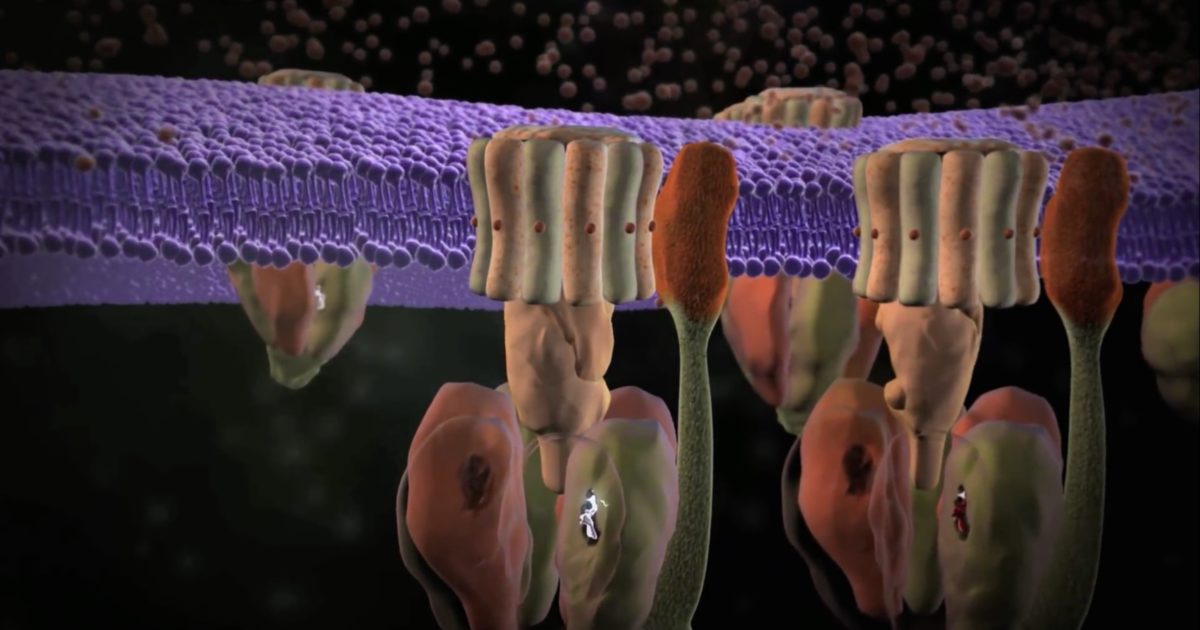
Can New Proteins Evolve?
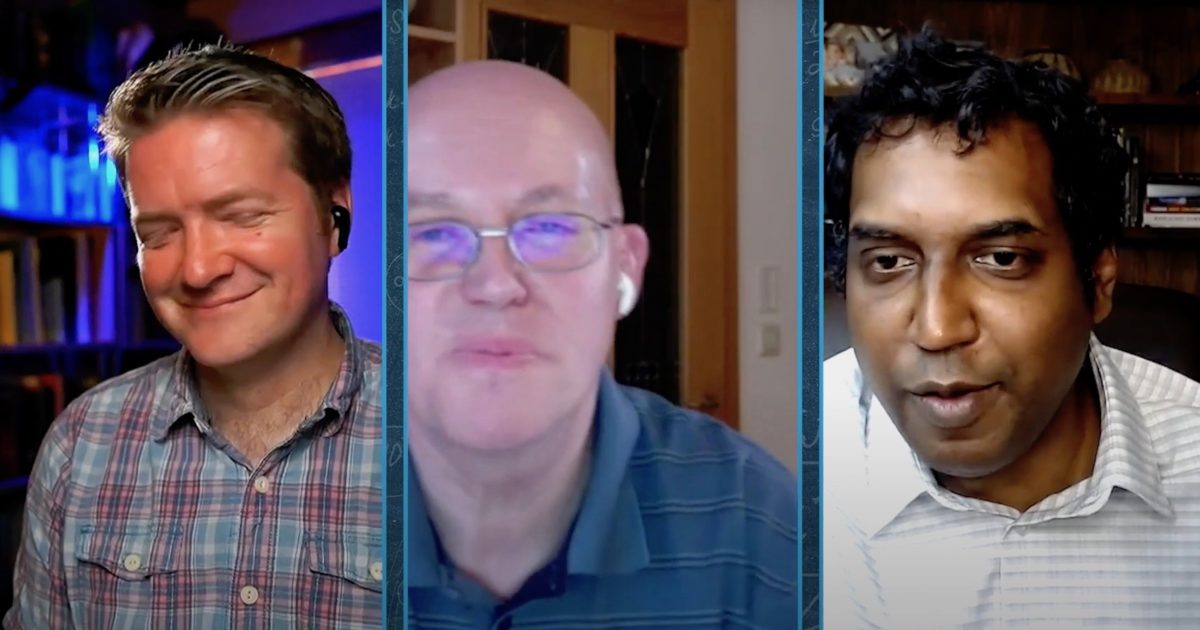
Confronting Joshua Swamidass on Confrontation
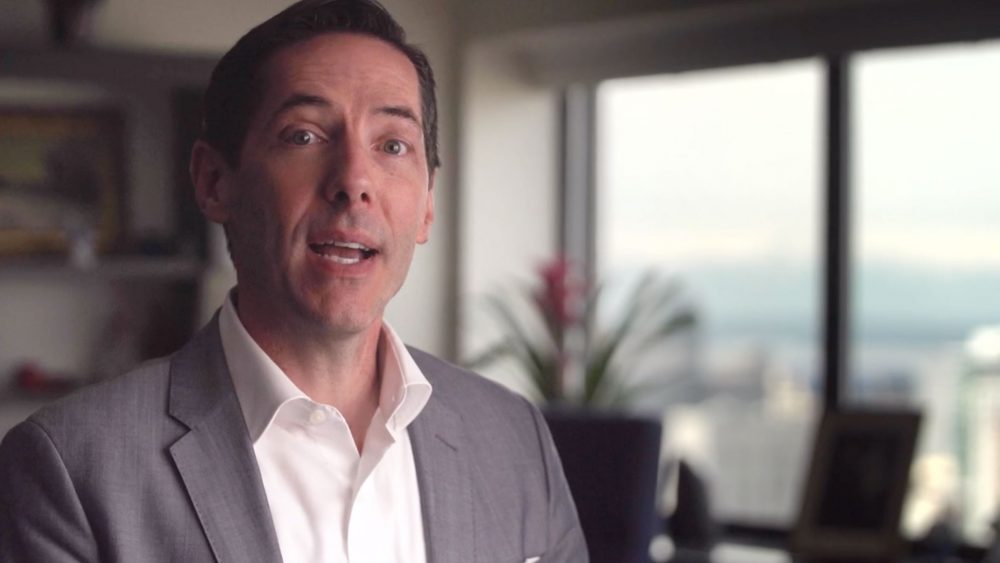
New Douglas Axe Intelligent Design Course: A Sneak Peek

Protein Scientist Douglas Axe at the Dallas Area Science and Faith Conference
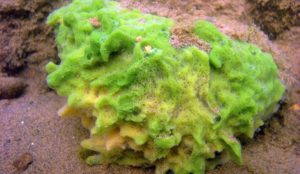
Of Statues and Sponges — Progress in My Conversation with a Theistic Evolutionist

Keeping the Debate Over Undeniable on Track

Why the Conclusion that Life Is Designed Really Is Inescapable

Nobel Prize in Chemistry for Intelligent Design?

Evolution by Blind Guidance Is Really Just Unguided Evolution
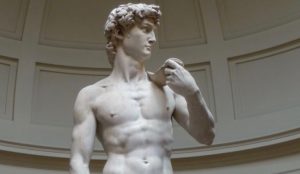
Two Views of Evolution, and Why They Don’t Mix

Undeniable Intuitions and Unbelievable Coincidences

Why Certainty Doesn’t Always Require Accuracy — A $5 Lesson in Probability

Losing the Forest by Fixating on the Trees — A Response to Venema’s Critique of Undeniable

The Calculation-Free Design Intuition and the Calculations That Validate It

Challenge to a Critic of the Design Intuition: How Do You Explain Your Own Use of It?

You Don’t Need a Calculator to Know Some Things Just Can’t Happen
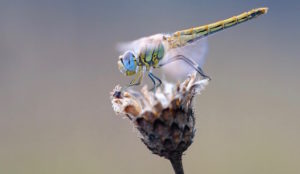
The Unmistakable Imprint of Purpose — Response to a Theistic Evolutionist

A “Natural” Adjustable Wrench? More Conversations with a Theistic Evolutionist
